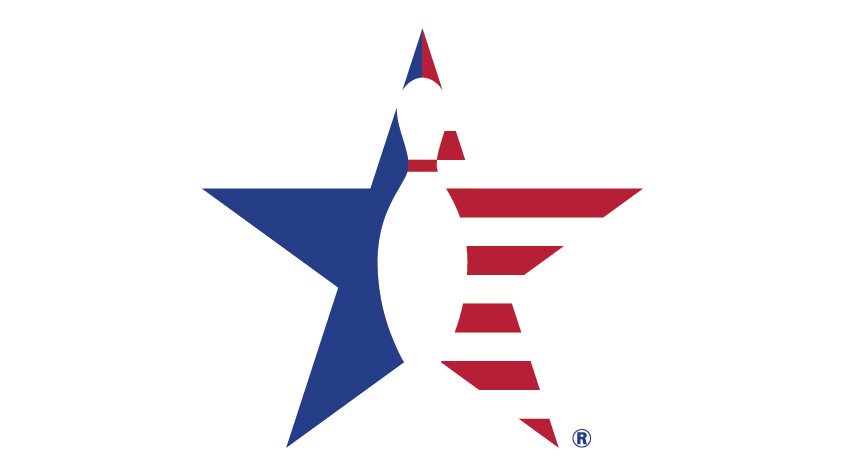USBC revokes certification approval of Storm Spectre ball
March 14, 2022

ARLINGTON, Texas - The United States Bowling Congress has revoked approval of the Storm Spectre bowling ball and removed it from the list of balls approved for USBC competition effective March 14, 2022. The revocation comes after USBC determined through its spot-checking procedures that a significant percentage of the balls produced do not comply with specifications and requirements outlined in the USBC Equipment Specifications and Certifications Manual.
USBC testing showed a significant percentage of the Storm Spectre do not meet the minimum 73D hardness specification during spot checks of bowling balls in the field. The ball originally was approved based on samples submitted by Storm. The Spectre had been approved for competition in December 2021.
The USBC Equipment Specifications and Certifications Manual details USBC governance in this situation. The manual states that a statistical analysis from spot-checked balls will be used to determine the percentage of non-conformance based on DPMO (defects per million opportunities). The manual further states:
Ball approval can be revoked if the process capability shows the model has greater than 5.0% defects (50,000 out of 1,000,000 DPMO-Defects Per Million Opportunities) outside of any spec limit.
The statistical analysis of the Storm Spectre indicated a defect rate of 98.6%, meaning that 98.6% of Spectre balls are projected to be outside USBC's hardness specification limit. USBC tested balls from multiple batches, and the non-conformance was not limited to a specific batch.
Pursuant to the penalties outlined in the USBC Equipment Specifications and Certifications Manual, Storm is placed on probationary status with USBC for one year, and subject to a fine of $8,000.
USBC publishes a standard operating procedure to determine hardness of a bowling ball using a digital durometer. The USBC Equipment Specifications Manual states that balls must meet technical specifications when tested at USBC headquarters using the official USBC test equipment. USBC provides all manufacturers the option of calibrating their durometers against the USBC approval durometer, so manufacturers can create consistent quality testing processes.
USBC provided all test data to Storm and gave the company opportunity to comment or provide additional information prior to USBC announcing approval revocation of the Spectre ball.
Unapproved bowling balls may not be used in USBC-certified competition. Bowlers who used the Spectre in competition before March 14, 2022, with no prior knowledge of their balls being out of specification would not be subject to forfeiture under USBC rules.
Go to BOWL.com/EquipAndSpecs to learn more about the equipment specifications.
USBC testing showed a significant percentage of the Storm Spectre do not meet the minimum 73D hardness specification during spot checks of bowling balls in the field. The ball originally was approved based on samples submitted by Storm. The Spectre had been approved for competition in December 2021.
The USBC Equipment Specifications and Certifications Manual details USBC governance in this situation. The manual states that a statistical analysis from spot-checked balls will be used to determine the percentage of non-conformance based on DPMO (defects per million opportunities). The manual further states:
Ball approval can be revoked if the process capability shows the model has greater than 5.0% defects (50,000 out of 1,000,000 DPMO-Defects Per Million Opportunities) outside of any spec limit.
The statistical analysis of the Storm Spectre indicated a defect rate of 98.6%, meaning that 98.6% of Spectre balls are projected to be outside USBC's hardness specification limit. USBC tested balls from multiple batches, and the non-conformance was not limited to a specific batch.
Pursuant to the penalties outlined in the USBC Equipment Specifications and Certifications Manual, Storm is placed on probationary status with USBC for one year, and subject to a fine of $8,000.
USBC publishes a standard operating procedure to determine hardness of a bowling ball using a digital durometer. The USBC Equipment Specifications Manual states that balls must meet technical specifications when tested at USBC headquarters using the official USBC test equipment. USBC provides all manufacturers the option of calibrating their durometers against the USBC approval durometer, so manufacturers can create consistent quality testing processes.
USBC provided all test data to Storm and gave the company opportunity to comment or provide additional information prior to USBC announcing approval revocation of the Spectre ball.
Unapproved bowling balls may not be used in USBC-certified competition. Bowlers who used the Spectre in competition before March 14, 2022, with no prior knowledge of their balls being out of specification would not be subject to forfeiture under USBC rules.
Go to BOWL.com/EquipAndSpecs to learn more about the equipment specifications.





